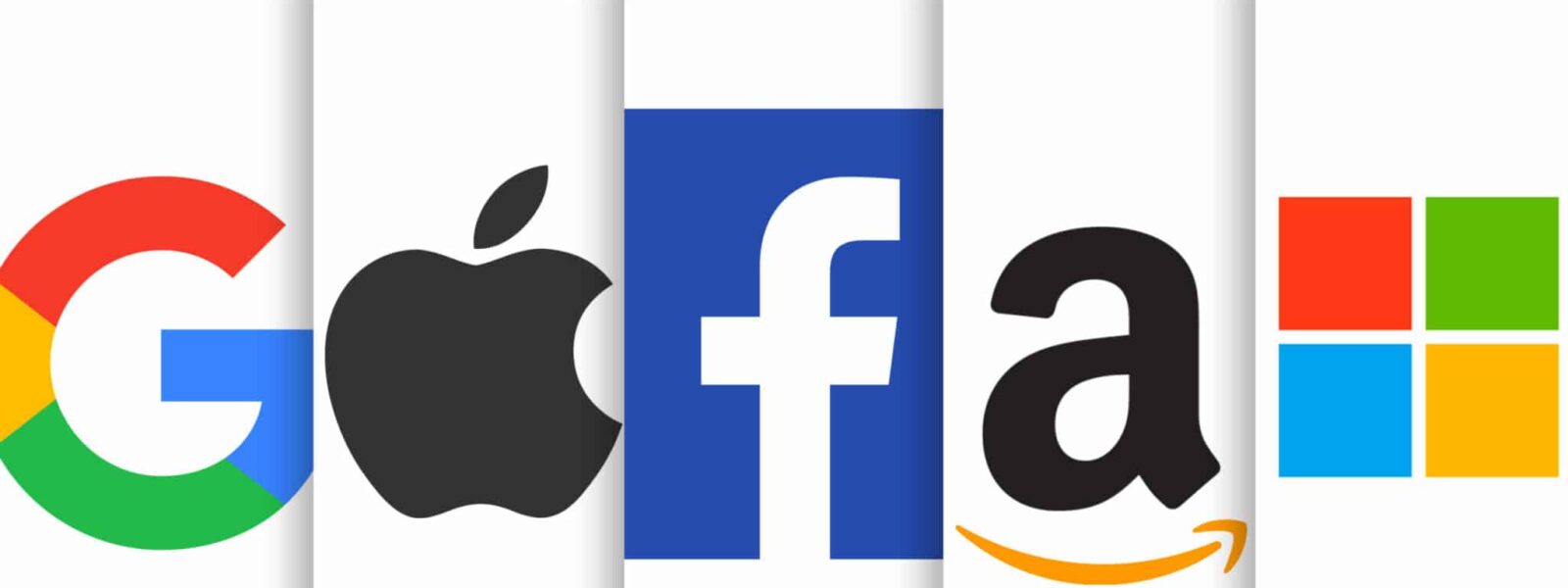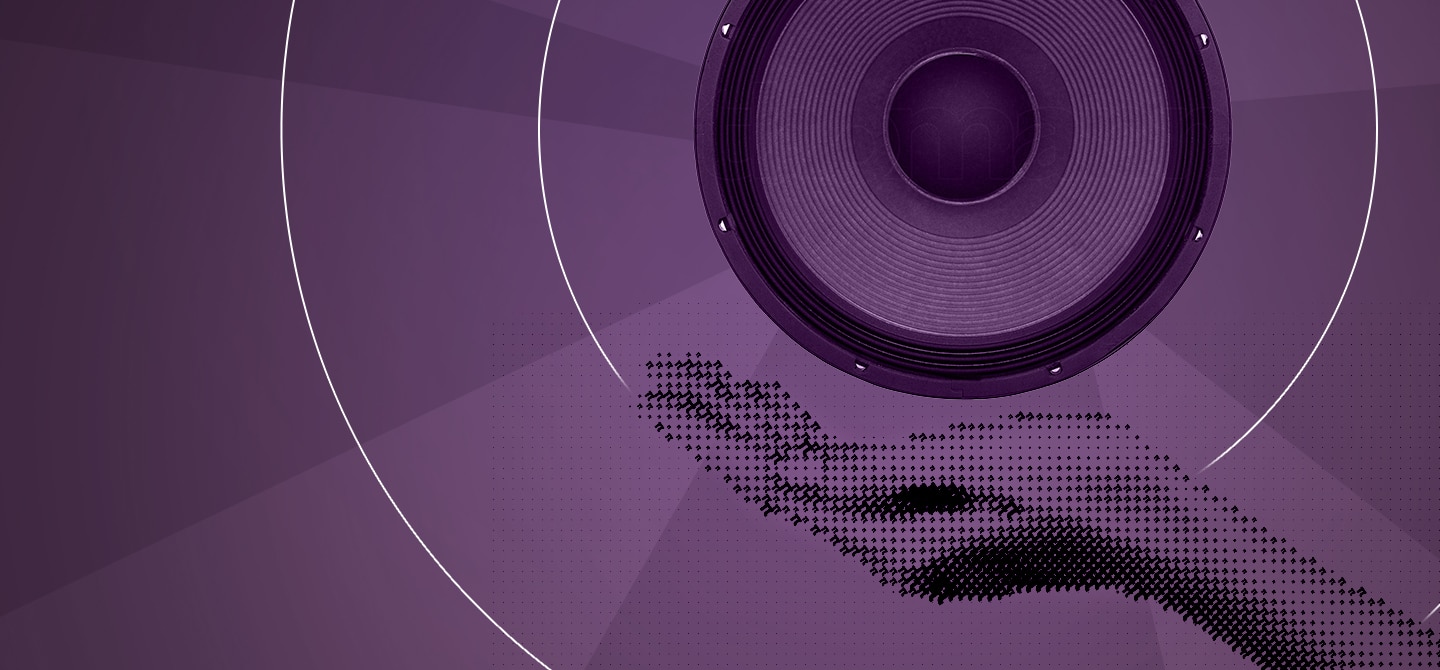Can we really regulate web giants ?
The Internet was initially developed as a public tool. Over time, it has narrowed down to a couple of big, foundational platforms. These platforms are more or less mandatory, and they control the way in which users access online services and share content.
Unable to effectively regulate the effects of this dominance, the European Commission recently introduced the Digital Markets Act (DMA), the final piece in their regulatory toolbox. This would allow them to take pre-emptive action against digital giants, rather than seek to remedy situations after the fact (as is currently the case). This new ex ante regulatory framework could be finalised in 2022, while France holds the presidency of the European Union.
Countries have difficulties regulating these platforms (GAFA in the United States and BATX in China) because digitisation has shaken up the economic principles currently guiding regulators. These principles are based on the model of manufacturing industries, in which revenue is generated by goods production and organised by price. What’s more, regulation must be enacted through the slow process of legislation, using stable, relatively unchangeable principles. But digital industries are not part of this system. Some are based around fixed, high costs that cannot be recouped (infrastructure, data collection, R&D, etc.) but benefit from the effects of networking. Others involve changeable, extremely low costs, meaning they can evolve very quickly using both the market of content providers and the user market.
This has many consequences. The digital economy favours economies of scale through what’s called network externalities. The more users a service has, the more attractive it is for them, as well as for advertisers and providers. This means that platforms benefit from their own development (internal innovations or external acquisitions) to enrich their applications, by making them easier to access (and free), consolidating their user base and becoming quasi-monopolies on their market. Users and providers stay attached because they are trapped in these ecosystems, and switching costs remain high.
What’s new about the digital world is also how fluid business models are, which means that the borders between sectors are constantly being redefined. This allows companies to act very quickly, in opposition to the slow grind of the wheels of legislation and regulation. This, in turn, creates challenges to classic competition law, which is based on defining and identifying relevant markets. For example, who would say that Google’s relevant market is the search engine market ?
The digital economy promotes size through so-called network externalities.
To address this situation, countries have shown themselves to be unwilling to take drastic regulatory measures, until now. After initial (public) injunctions and minor fines, financial sanctions have gotten heavier and heavier, but they’ve always been applied too late and pale when compared to the digital giants’ massive profits. Because available measures are unable to nudge current forms of dominance towards compliance, the epic threat of dismantling them has even been raised. This option has been a stalwart in the regulatory toolbox : electricity (1911), cinema (post-war) and telecommunications (1995) have already experienced such functional separations. But we are still a long way from such steps actually being taken, which explains why the DMA initiative is extremely important.
Like the US, the European Union benefits from its size, allowing it to act against these platforms (regardless of their predominance). Regulators have kept busy and the DMA demonstrates their concern regarding renewed principles of action and analysis, fields of intervention (platform and terminal neutrality) and ways in which they can intervene (ability to act on their own initiative before problems occur, regulation “through data and publicising market information,” etc.).
The Internet is now at a crossroads. As shown by Jonathan Zittrain in The Future of the Internet (2008), the world is moving along two opposing trajectories at once. The first is that of open technologies that favour all kinds of creative uses to emerge. This future extends the ability that the Internet and technology had to generate freely adaptable platforms and design applications by, and for, all kinds of users. Over time, a second trajectory has appeared in opposition – based around proprietary tethered appliances that increase control over the way they can be used. This leads to consumers having no power over these applications, data and services, which can change or disappear overnight. The success of app stores can be put down to their ability to favour innovation, all the while closing it up in a defined, controlled framework.
These are radically different visions, especially for regulators. Tethered appliances are not intrinsically bad – being closed off can represent a source of security and reliability, as well as ease of use for users. The problem with open systems is that they can generate all kinds of innovation – even bad ones.
The abundance of regulatory institutions and actors also hampers their measures, making them less efficient. At this stage, the DMA is open to the possibility of starting afresh, with the proposition of an international digital regulatory body. The Commission’s recent initiatives provide indications on the future.
But regulation is not the end of the story. Digital platforms are even more dominant in sectors where they can benefit from companies hampered by a lack of digitization and no online presence. Amazon has been threatening bookshops for the past 20 years, but it took a pandemic for them to implement effective collective initiatives.
Finally, it’s important to remember that the high level of innovation and flexibility in services is also a potential source of fragility for platforms. Whether it’s AltaVista, AOL, Blackberry, Myspace, Netscape or Yahoo, the Internet’s short history has shown that, in the digital world, companies that seemed powerful and untouchable can come crashing down.















